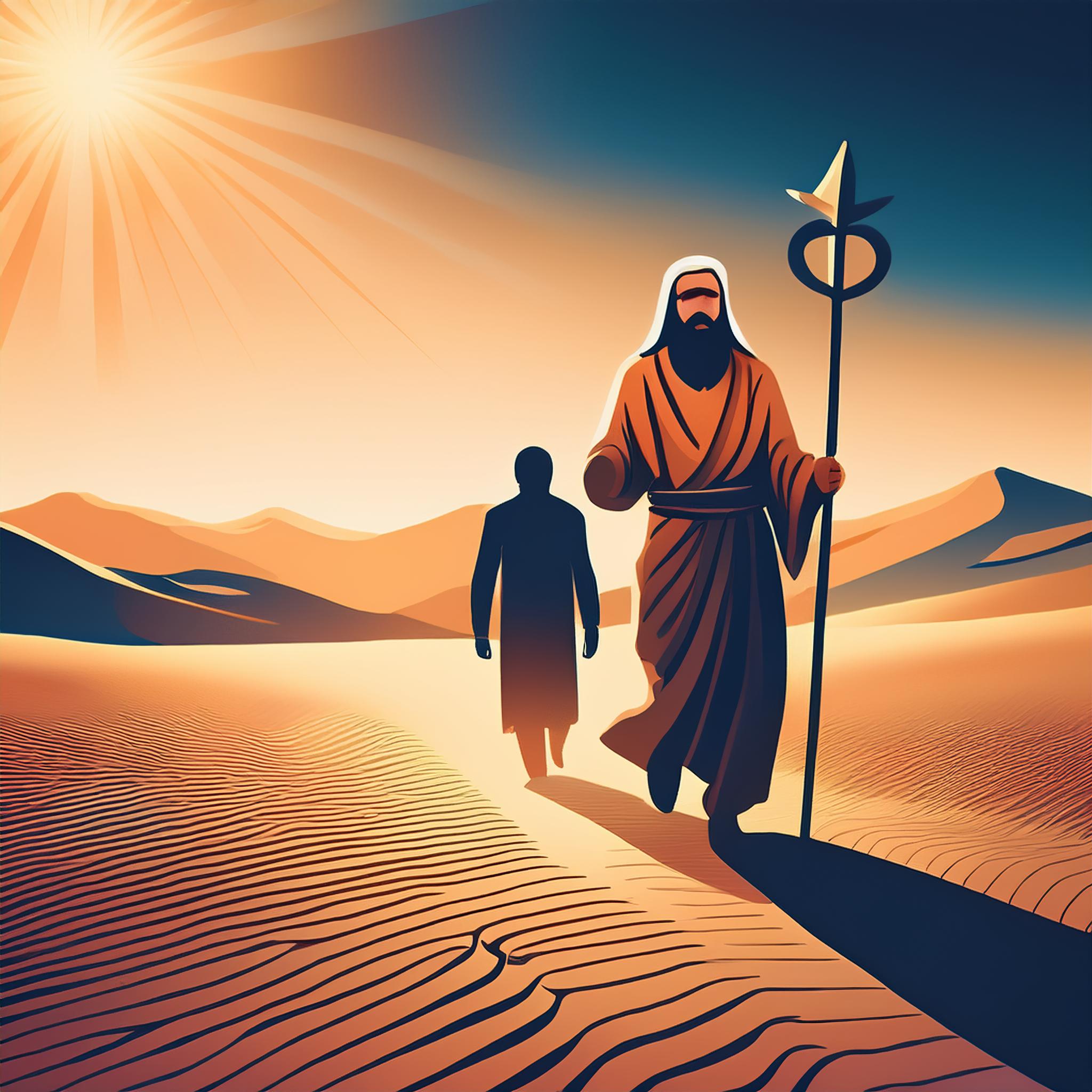Jesus’s Three Prayers a Picture of God’s Salvation Plan

The Olive Press: A Picture of God’s Salvation Plan
The term “GAT SHMANIM” is derived from two Hebrew words meaning “olive press.” Gethsemane, the olive garden where olives were pressed for oil, is also the place where Jesus prayed before His arrest and crucifixion. There are profound insights in the olive press process that reflect God’s plan of salvation.
The Crushing in Gethsemane
As Jesus entered the garden of Gethsemane, He was burdened by the weight of the world’s sins. Isaiah 53:5 reminds us, “He was crushed for our iniquities.” Before olive oil is extracted, the olives must first be crushed by heavy weights. This crushing prepares them for the pressing, symbolizing the weight that Jesus carried for the sins of humanity.
The First Pressing: The Purest Oil
The first pressing of olives begins with them being gathered into a rough sack, where the weight of the sacks pressing on each other causes the oil to seep out. This first oil is the purest and is reserved for the temple as the “first fruit.” Similarly, Jesus’ first prayer in Gethsemane marks the beginning of His sacrifice:
“O my Father, if it be possible, let this cup pass from me: nevertheless not as I will, but as thou wilt.” (Matthew 26:39)
But Christ has indeed been raised from the dead, the firstfruits of those who have fallen asleep (1 Corinthians 15:20)
This prayer represents the purest oil—Jesus, the first fruit, who was without sin. As the first to rise from the dead, He was presented to God, fulfilling the prophecy in Daniel 7:13:
“In my vision at night I looked, and there before me was one like a son of man, coming with the clouds of heaven. He approached the Ancient of Days and was led into His presence.”
The Second Pressing: The Good Oil
The second pressing involves a heavier weight but is still not enough to produce the oil of the first pressing. This oil is considered good and is used for cooking and medicinal purposes. Jesus prayed a second time:
“O my Father, if this cup may not pass away from me except I drink it, thy will be done.” (Matthew 26:42)
This second pressing represents the resurrection of the Christians, as illustrated when Jesus told Martha in John 11:23-24:
“Your brother will rise again.” “I know that he will rise again in the resurrection at the last day.”
This resurrection will occur on The Day of the Lord, also known as Yom Kippur, when Jesus returns and raises the saints from the grave. These believers, who have endured life’s tribulations and remained faithful to Jesus, will ascend to God’s throne, their lives producing enough “good oil” to serve God’s kingdom.
The Third Pressing: The Poor Oil
The third and final pressing extracts the last drop of oil from the olives, under the heaviest weights. Though this oil is of the poorest quality, it can still be used for soap and oil lamps. Jesus prayed for the third time, with intense anguish:
So, leaving them again, he went away and prayed for the third time, saying the same words again. (Matthew 26:44)
Luke 22:44 further describes Jesus’ distress: “And in His anguish, He prayed more earnestly, and His sweat became like drops of blood falling to the ground.”
This third pressing symbolizes the final resurrection, where those who have endured the greatest pressures—those who died in their sins—are raised from the dead. They will live in a time called the ‘Feast of Tabernacles” Then they will face God’s judgment.
God’s last plan of salvation. In Ezekiel 37-48, the prophet witnessed these souls coming back to life. Before their judgment, they will participate in the Feast of Tabernacles, where the blinders are removed, and many will repent, acknowledging Jesus as Lord.
This fulfills the prophecy in Romans 11:25-32:
“I do not want you to be ignorant of this mystery, brothers, so that you will not be conceited: A hardening in part has come to Israel until the full number of the Gentiles has come in. And so all Israel will be saved, as it is written.”
